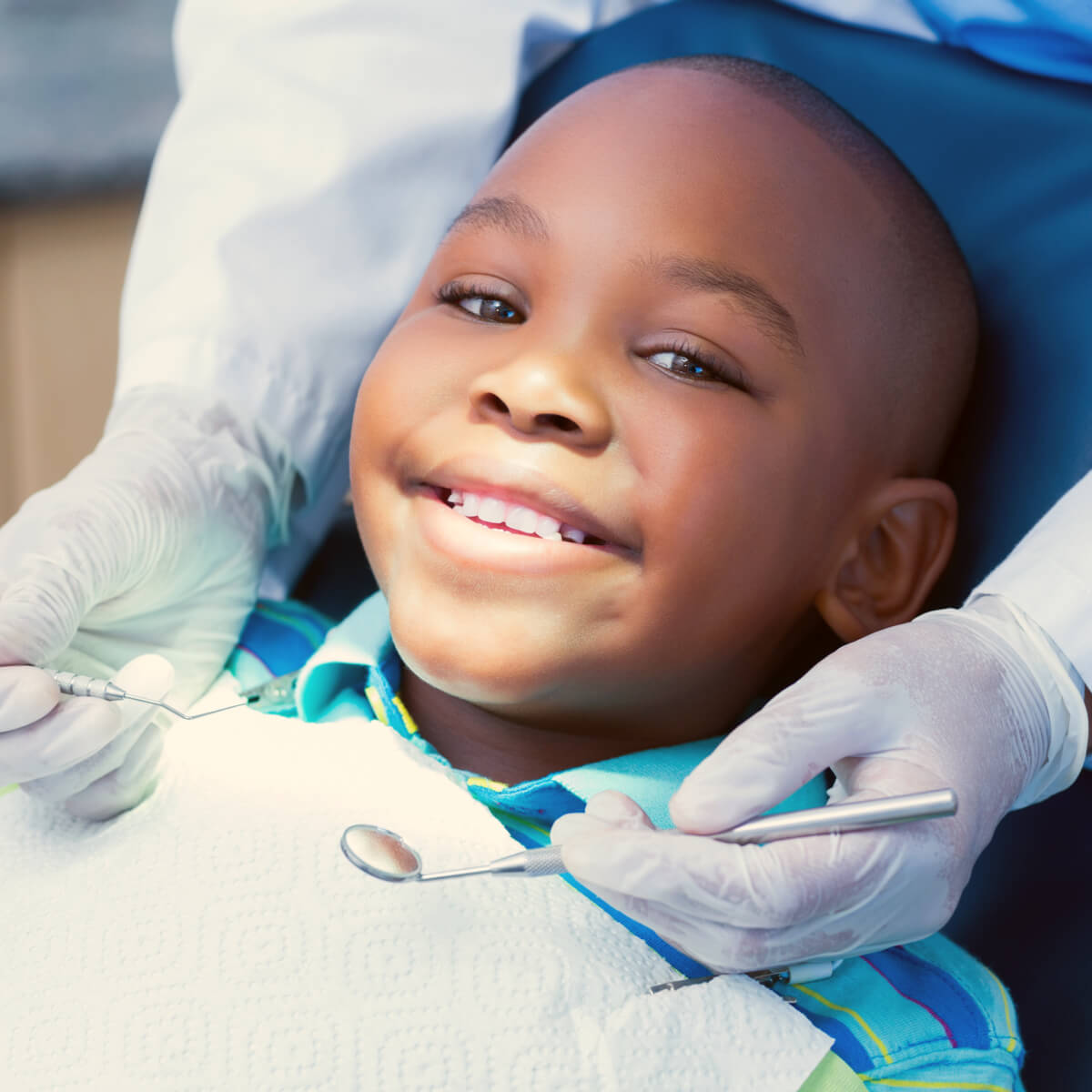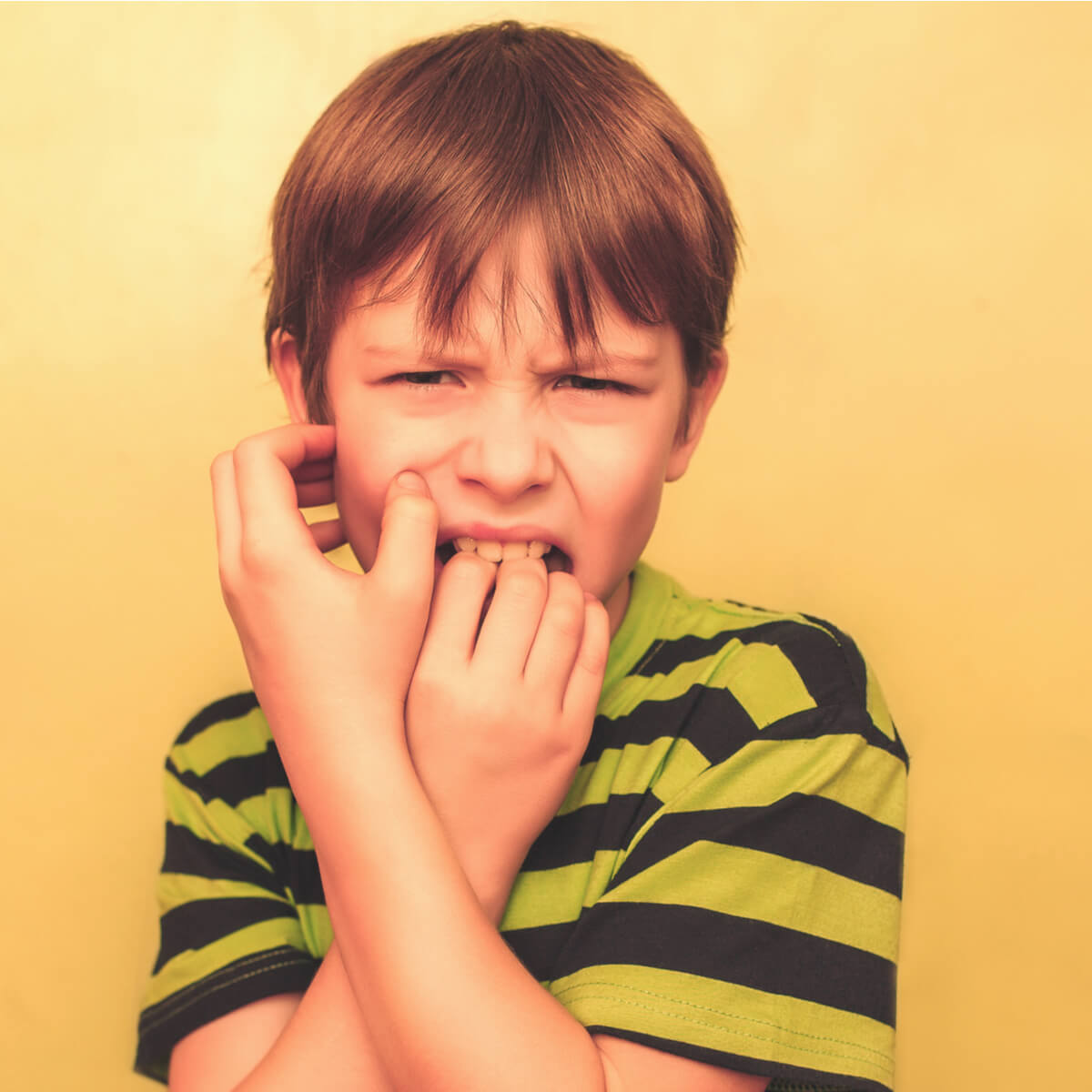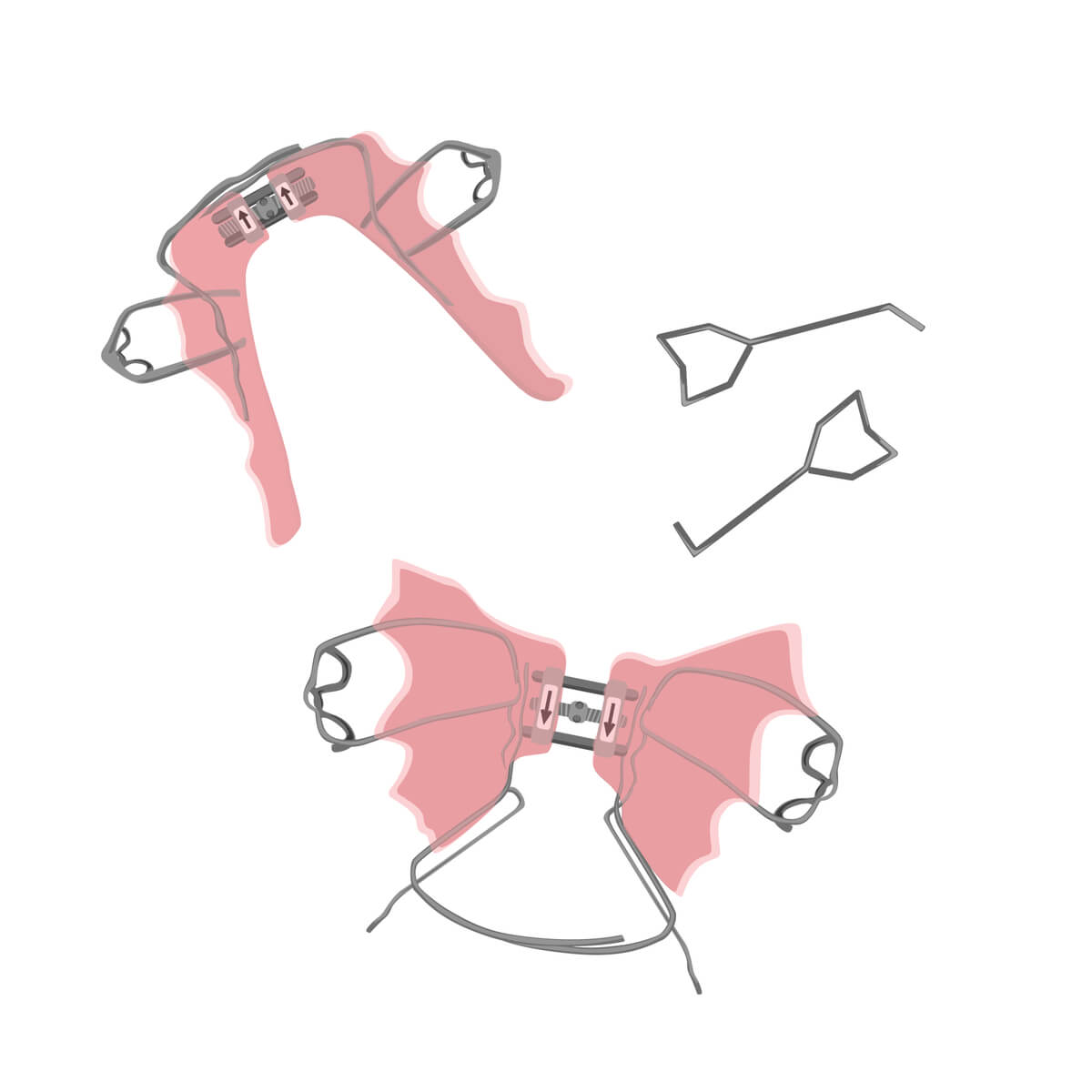In simple terms, a crossbite happens any time that one or more teeth are misaligned. Crossbites may occur from any angle and with any tooth. Reasons for crossbite treatment include cosmetic appearance, bite functionality, and overall health.
Pediatric Crossbite Correction
Luckily, crossbites can be corrected with a few different treatments. Usually, when you notice a dental problem, you should take care of it as soon as possible. When it comes to pediatric dentistry, however, the answer can depend on your child.
For some children, your dentist may recommend early treatment, while choosing to wait for other children. Another factor in determining treatment is the type of crossbite that your child has.

Anterior and Posterior Crossbites
Crossbites are typically sorted into two main categories, depending on where they occur in the mouth. The two types are anterior and posterior, and they refer to which teeth are misaligned. Your anterior teeth are near the front of your mouth, while your posterior teeth are near the back of your mouth.
Anterior
Once your child is settled in, one of our expert dental hygenists will begin examining and cleaning their teeth. First, they will examine your child’s gums for any signs of gum disease. Then, your dental hygenist will work on removing any built-up plaque on your child’s teeth.
Most often, this is done with a small mouth mirror and a small hook at first. Your child will feel some scraping and picking at their teeth, and maybe some minor discomfort.

Posterior
You may not think about how important your molar teeth are until they begin causing problems. And posterior crossbites tend to cause painful problems over time. But why does this happen? Because the human body often has to deal with imperfections like crossbites, it finds ways to adjust.
If you have a posterior crossbite, your jaw may naturally try to shift into a more comfortable position. When this happens, not only do the teeth begin rubbing and grinding on each other, but it also affects your jaw muscles.
Another side effect is a condition called temporomandibular joint (TMJ) dysfunction or TMD for short. TMD causes symptoms like neck pain, jaw pain, headaches, and chewing problems. This condition is more common in adults and has other related causes, but untreated crossbites are a risk factor for developing TMD.
This response, however, causes problems where the teeth come in contact. For instance, misaligned teeth will wear down faster at the point of contact, and make it easier for your child to get cavities.
Pediatric Crossbite Correction
If you can’t prevent your child from developing a crossbite, they will need treatment from a trained pediatric dentist. Crossbite correctors are orthodontic devices that help
The reason for this is that crossbite correctors usually involve influencing how your child’s mouth expands while they grow.
One such treatment involves using a palatal expander to stretch the upper portion of the jaw to make room for crowded teeth.
In order to correct a crossbite, a pediatrict dentist will usually use either a palete expander or a maxillary expander. In plain english, these devices are used to expand either the top or bottom of the jaw respectively.
Dental expanders are the most common forms of treatment for crossbites, because teeth often just need enough space to move into the proper position. However, if an expander does not solve the problem, braces may be needed to adjust the jaw’s alignment.

What causes crossbites?
There are several reasons why a crossbite may occur. For example, if a child loses a tooth prematurely, the rest of their teeth can shift and change positions. Yes, even losing a single tooth can throw off the alignment of your child’s adjacent teeth.
Sometimes, however, just the shape of the jaw will cause a crossbite to form. Thumb sucking and pacifier use that continues after early childhood can also cause crossbites.
Injury is yet another common cause of crossbites. There are still many other factors that are in debate, but for the most part, these are the most common causes.
Can you prevent crossbites from happening?
When you know the causes of a condition, it becomes easier to prevent it. Therefore, if you notice your child engaging in thumb sucking for too long, you should teach them to stop. It can be a long and difficult process because childhood habits are hard to break, but teaching your child to brush effectively will prevent many future problems.
In terms of injury, childhood is about playing, having fun, and growing. Accidents happen, but teaching your child proper safety at home and especially while playing sports can help prevent injury.
If your child does lose a tooth prematurely, you should ask your dentist if a space maintainer will help your child’s teeth grow properly.
What are the advantages of pediatric dentistry?
Taking you child to a pediatric dentist has several advantages. For example, pediatric dentists have at least two or three years of additional training compared to other dentists. This training gives us the tools we need to interact with children and provide a comfortable environment for them. Our years of training have prepared us to treat and engage with children who have special needs.
We can’t wait to visit with you and have you join our family at AC Dentistry.
Visit AC Dentistry
Whether your child needs crossbite correction, dental care, or oral hygiene, come visit AC Dentistry. We have one of the most fun, comfortable, and friendly pediatric dentist’s offices in Nashville.
When you visit us, we will provide your child with excellent dental care, and educate them on maintaining good oral health.
Our sister locations include offices in Mt. Juliet, Goodlettsville, and our new office in Bordeaux. To get the best pediatric dental care for your child, set an appointment and we look forward to seeing you soon!
Additional Dental Services
In addition to dental cleanings for children, we offer several other services that include:
- Sealants
- Space maintainers
- Crossbite correction
- Amalgam fillings
- Composite fillings
- Stainless steel crowns
- Pulpotomies
